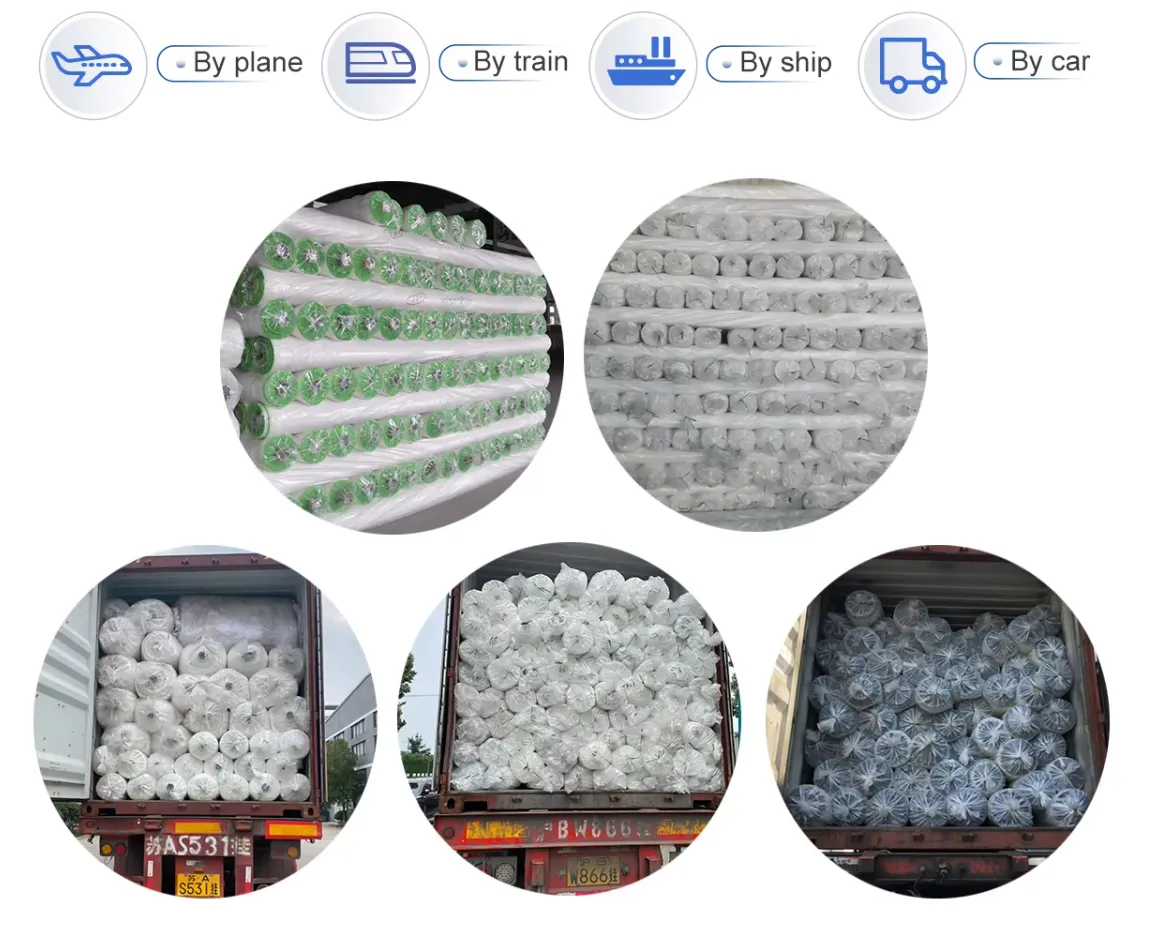-
 Afrikaans
Afrikaans -
 Albanian
Albanian -
 Amharic
Amharic -
 Arabic
Arabic -
 Armenian
Armenian -
 Azerbaijani
Azerbaijani -
 Basque
Basque -
 Belarusian
Belarusian -
 Bengali
Bengali -
 Bosnian
Bosnian -
 Bulgarian
Bulgarian -
 Catalan
Catalan -
 Cebuano
Cebuano -
 China
China -
 Corsican
Corsican -
 Croatian
Croatian -
 Czech
Czech -
 Danish
Danish -
 Dutch
Dutch -
 English
English -
 Esperanto
Esperanto -
 Estonian
Estonian -
 Finnish
Finnish -
 French
French -
 Frisian
Frisian -
 Galician
Galician -
 Georgian
Georgian -
 German
German -
 Greek
Greek -
 Gujarati
Gujarati -
 Haitian Creole
Haitian Creole -
 hausa
hausa -
 hawaiian
hawaiian -
 Hebrew
Hebrew -
 Hindi
Hindi -
 Miao
Miao -
 Hungarian
Hungarian -
 Icelandic
Icelandic -
 igbo
igbo -
 Indonesian
Indonesian -
 irish
irish -
 Italian
Italian -
 Japanese
Japanese -
 Javanese
Javanese -
 Kannada
Kannada -
 kazakh
kazakh -
 Khmer
Khmer -
 Rwandese
Rwandese -
 Korean
Korean -
 Kurdish
Kurdish -
 Kyrgyz
Kyrgyz -
 Lao
Lao -
 Latin
Latin -
 Latvian
Latvian -
 Lithuanian
Lithuanian -
 Luxembourgish
Luxembourgish -
 Macedonian
Macedonian -
 Malgashi
Malgashi -
 Malay
Malay -
 Malayalam
Malayalam -
 Maltese
Maltese -
 Maori
Maori -
 Marathi
Marathi -
 Mongolian
Mongolian -
 Myanmar
Myanmar -
 Nepali
Nepali -
 Norwegian
Norwegian -
 Norwegian
Norwegian -
 Occitan
Occitan -
 Pashto
Pashto -
 Persian
Persian -
 Polish
Polish -
 Portuguese
Portuguese -
 Punjabi
Punjabi -
 Romanian
Romanian -
 Russian
Russian -
 Samoan
Samoan -
 Scottish Gaelic
Scottish Gaelic -
 Serbian
Serbian -
 Sesotho
Sesotho -
 Shona
Shona -
 Sindhi
Sindhi -
 Sinhala
Sinhala -
 Slovak
Slovak -
 Slovenian
Slovenian -
 Somali
Somali -
 Spanish
Spanish -
 Sundanese
Sundanese -
 Swahili
Swahili -
 Swedish
Swedish -
 Tagalog
Tagalog -
 Tajik
Tajik -
 Tamil
Tamil -
 Tatar
Tatar -
 Telugu
Telugu -
 Thai
Thai -
 Turkish
Turkish -
 Turkmen
Turkmen -
 Ukrainian
Ukrainian -
 Urdu
Urdu -
 Uighur
Uighur -
 Uzbek
Uzbek -
 Vietnamese
Vietnamese -
 Welsh
Welsh -
 Bantu
Bantu -
 Yiddish
Yiddish -
 Yoruba
Yoruba -
 Zulu
Zulu
Jan . 14, 2025 12:23
Back to list
industrial bird netting
Industrial bird netting stands as a robust solution for protecting various environments from the persistent challenges posed by birds. From agriculture to commercial facilities, the use of bird netting has proven to be critical in preserving both structures and crops from damage caused by bird interactions. This comprehensive approach addresses a growing need for cost-effective and sustainable bird control solutions.
A critical aspect of employing industrial bird netting is its environmental friendliness. By providing a physical barrier, it eliminates the need for harmful chemical deterrents and mechanical devices that might negatively impact wildlife ecosystems. This humane approach not only respects local biodiversity but also aligns with modern sustainability standards favored by corporations. Testimonials from various industries underscore the trustworthiness of industrial bird netting as a solution. Agricultural producers report increased yield protection and economic savings due to reduced crop losses. Similarly, commercial operators have observed less damage to infrastructure and lower maintenance costs, presenting bird netting as a valuable asset in long-term cost management. While there are alternative bird control methods available, industrial bird netting stands out for its effectiveness and ethical considerations. By investing in a solution that combines experience in wildlife management with technical expertise, businesses can protect their assets while demonstrating corporate responsibility towards environmental preservation. Positioning industrial bird netting as a premier choice for bird control solutions requires ongoing commitment to research, development, and understanding of evolving ecological challenges. Businesses are encouraged to work with certified professionals who can deliver tailored, credible, and authoritative guidance, ensuring that the installations serve their protective purposes effectively and sustainably.


A critical aspect of employing industrial bird netting is its environmental friendliness. By providing a physical barrier, it eliminates the need for harmful chemical deterrents and mechanical devices that might negatively impact wildlife ecosystems. This humane approach not only respects local biodiversity but also aligns with modern sustainability standards favored by corporations. Testimonials from various industries underscore the trustworthiness of industrial bird netting as a solution. Agricultural producers report increased yield protection and economic savings due to reduced crop losses. Similarly, commercial operators have observed less damage to infrastructure and lower maintenance costs, presenting bird netting as a valuable asset in long-term cost management. While there are alternative bird control methods available, industrial bird netting stands out for its effectiveness and ethical considerations. By investing in a solution that combines experience in wildlife management with technical expertise, businesses can protect their assets while demonstrating corporate responsibility towards environmental preservation. Positioning industrial bird netting as a premier choice for bird control solutions requires ongoing commitment to research, development, and understanding of evolving ecological challenges. Businesses are encouraged to work with certified professionals who can deliver tailored, credible, and authoritative guidance, ensuring that the installations serve their protective purposes effectively and sustainably.
Next:
Latest news
-
Shipping Plastic Bags for Every NeedNewsJul.24,2025
-
Safety Netting: Your Shield in ConstructionNewsJul.24,2025
-
Plastic Mesh Netting for Everyday UseNewsJul.24,2025
-
Nylon Netting for Every UseNewsJul.24,2025
-
Mesh Breeder Box for Fish TanksNewsJul.24,2025
-
Expanded Steel Mesh Offers Durable VersatilityNewsJul.24,2025











